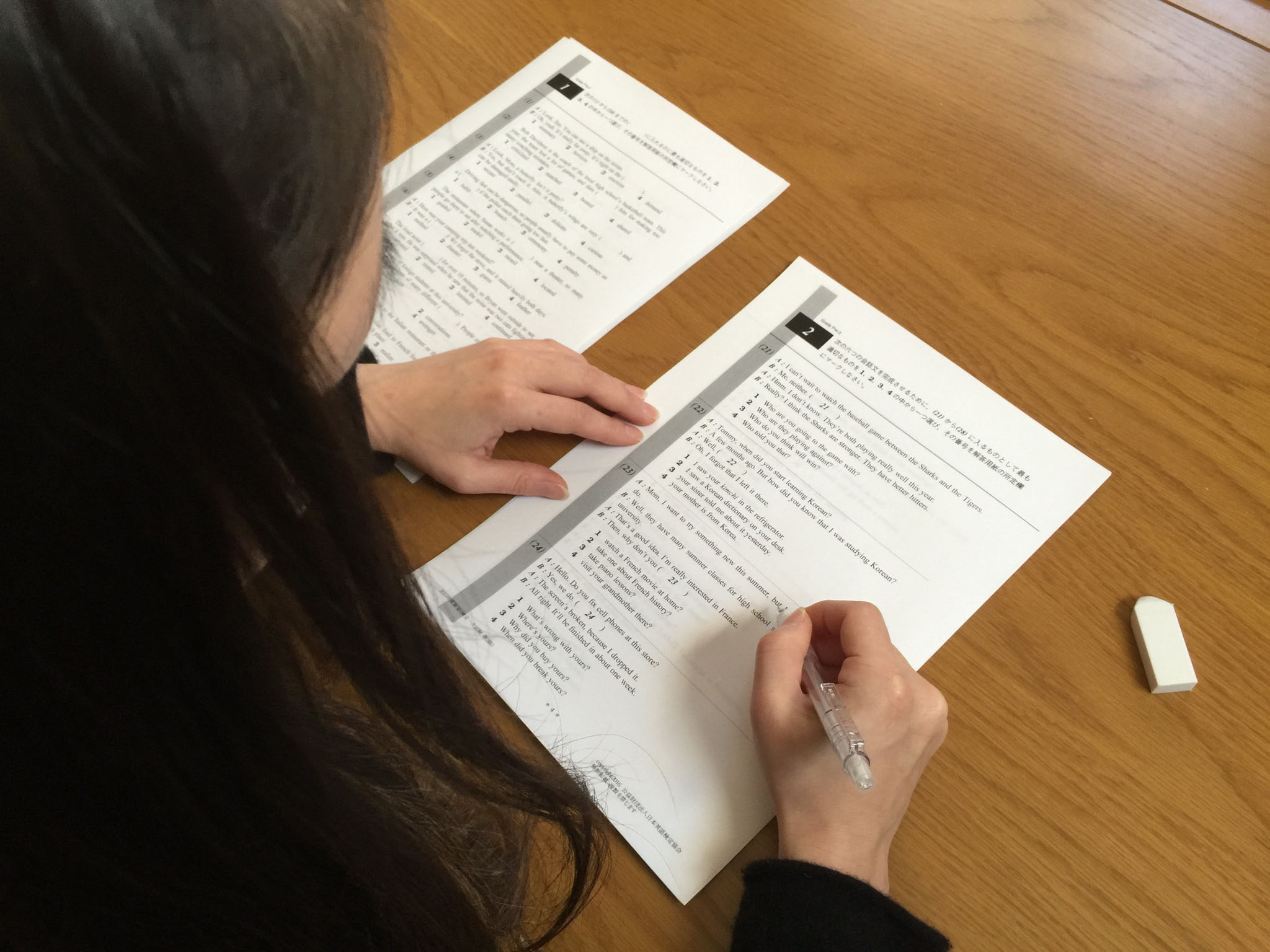The Eiken tests have traditionally been seen as the standard for English proficiency certification in Japan, and a ticket to a well-paying job. Hundreds of thousands of people pass the tests every year, which makes you wonder where they are all hiding, as proficient English speakers can seem few and far between in this country.
The Eiken tests, which are backed by the ministry of education, are designed and administered by Eikyo, the Eiken Foundation of Japan (formerly the Society for Testing English Proficiency), a public-interest incorporated foundation established in 1963 and based in Tokyo. Many employers see the certificate as a valuable asset in a prospective employee's portfolio, and cram schools offer courses dedicated to Eiken test preparation.
But the tests, which have been taken by more than 90 million people, are problematic in many ways, according to some researchers. In academic circles, the term "validity" is used to refer to the extent a test does what it is supposed to do. So how well do Eiken tests really measure proficiency? Eikyo appears to have no research data available on the validity of the Eiken, although it "has begun carrying out a research program designed to gather evidence which will be able to support the construction of a comprehensive and cohesive validity argument," according to their site.



